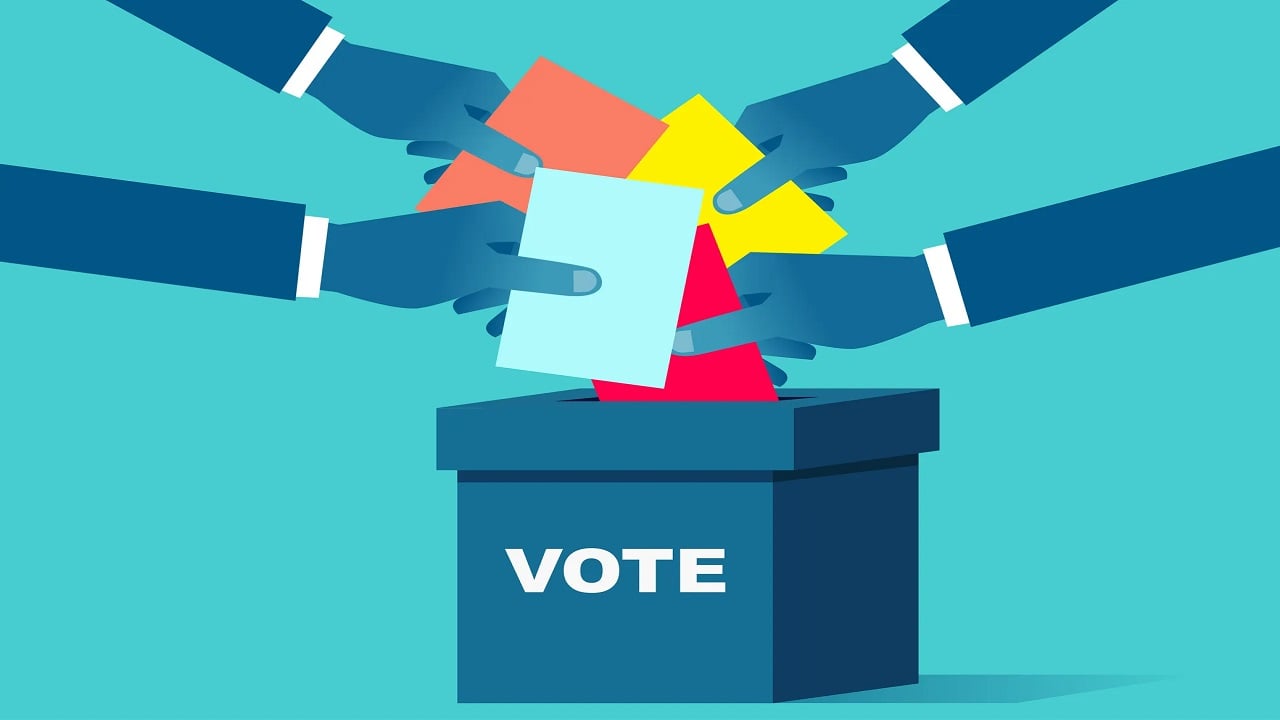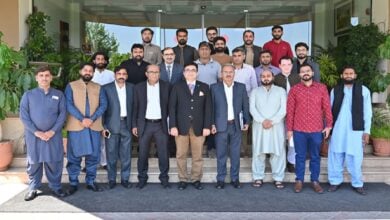Digitally Disconnected Political Parties not Prepared for Elections 2024: Study

According to recent research by the Institute for Research, Advocacy, and Development (Irada), while Pakistan is one of the leading nations in terms of digitization, with a substantial online population, there is a noticeable incongruity in its political scene. Despite the country’s general digital capability, most political parties are failing to meet the changing demands of digital political communications. This failure not only indicates a technology divide, but it also jeopardizes the integrity and efficacy of Pakistan’s democratic debate ahead of the Elections 2024.
The study, titled ‘Parties Online: Digitally Inadequate Political Parties Compromising Democracy in Pakistan,’ scrutinized the digital footprints of 13 mainstream political parties, exposing a concerning gap between the digital proficiency of citizens and the parties vying for their support.
The paper emphasizes that the lack of digital literacy is not limited to political leaders but permeates party apparatuses and functionaries. Irada Executive Director Muhammad Aftab Alam stressed that political parties’ digital inadequacies threaten the quality of democracy in Pakistan, requiring prompt attention as the country prepares for elections 2024 on February 8.
The research examined the digital media strategies of several political parties, including well-established ones like the Pakistan People’s Party (PPP), Pakistan Muslim League-N (PML-N), and Pakistan Tehreek-i-Insaf (PTI), as well as recent entrants. One startling finding was that several parties had no official websites at all, depending entirely on their leaders’ personal social media profiles for internet presence.
Several parties failed to designate their head—the highest office holder—on their websites, adding to a lack of transparency, according to one of the primary findings. Furthermore, a substantial percentage of parties did not disclose their constitution online, making it difficult for members and the public to get critical information on internal elections, party structures, and membership standards.
While several parties published their most recent manifestos for the 2018 elections, past manifestos were frequently missing, restricting the electorate’s ability to trace the progress of party aims and objectives. Furthermore, the public’s knowledge of the party’s organizational structure was impeded by an absence of information concerning central and provincial leadership on party websites.
In terms of accountability, the study pointed out that most parties fell short in achieving official party positions and decisions. Minutes and details of central executive committee and general body meetings were rarely released, making it difficult for party members and supporters to assess the democratic progress of a party based on leadership responsibility.
Only a few parties provided basic facts such as the name of their communication’s focal person or the party’s official email address on their websites, extending the lack of transparency to communication channels. This lack of direct contact between the electorate and parties, including party members, voters, and the media, impedes direct involvement.
With most parties having official Facebook pages and Twitter accounts, social media has emerged as a fundamental medium for political communication. The paper, however, emphasized that this preference for social media over official websites raises questions about the depth and inclusiveness of political conversation online.
Perhaps most alarming was the revelation that none of the surveyed parties shared either the latest or previous audited reports of their accounts and finances on their websites. This absence of public-interest information greatly hinders accountability and transparency in party financing operations.
As Pakistan approaches elections 2024, the report serves as a harsh reminder of the critical necessity for political parties to overcome the digital divide. Failure to do so jeopardizes not only the democratic discourse but also maintains non-transparency and inaccessibility, preventing individuals from making informed decisions and actively engaging in the democratic process. To build a more inclusive and transparent political scene in the digital age, political entities must embrace digital literacy.
ALSO READ: Pakistan Press Foundation Calls for Safe Media Environment in 2024 Elections
PTA Taxes Portal
Find PTA Taxes on All Phones on a Single Page using the PhoneWorld PTA Taxes Portal
Explore NowFollow us on Google News!





